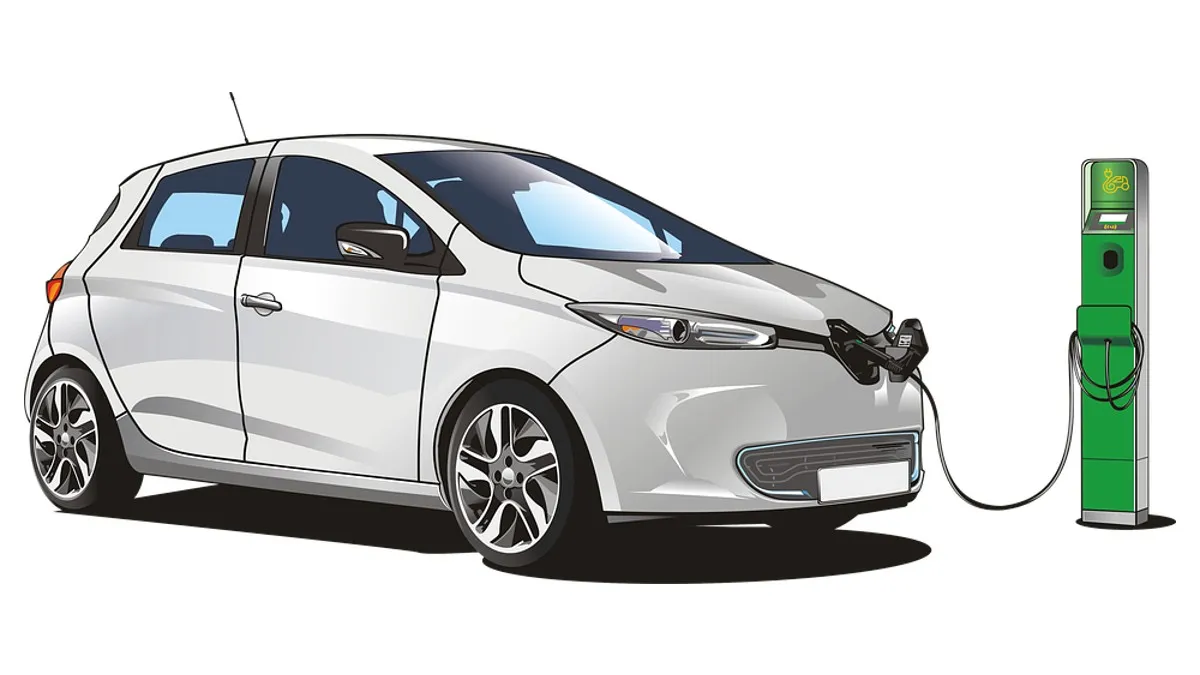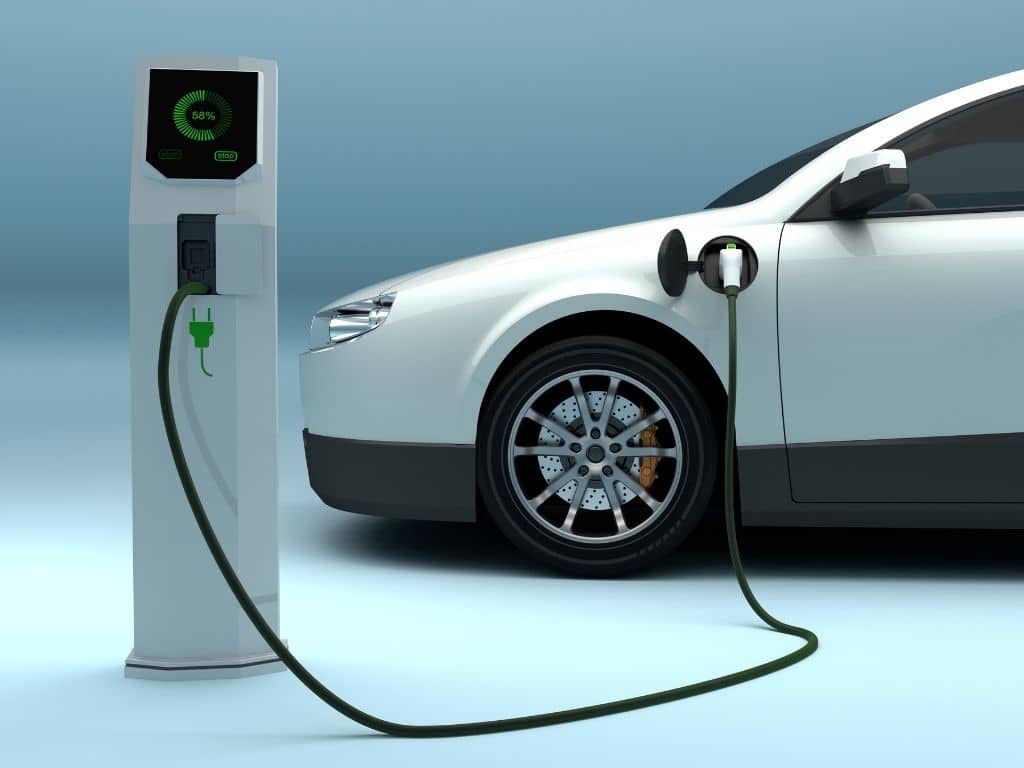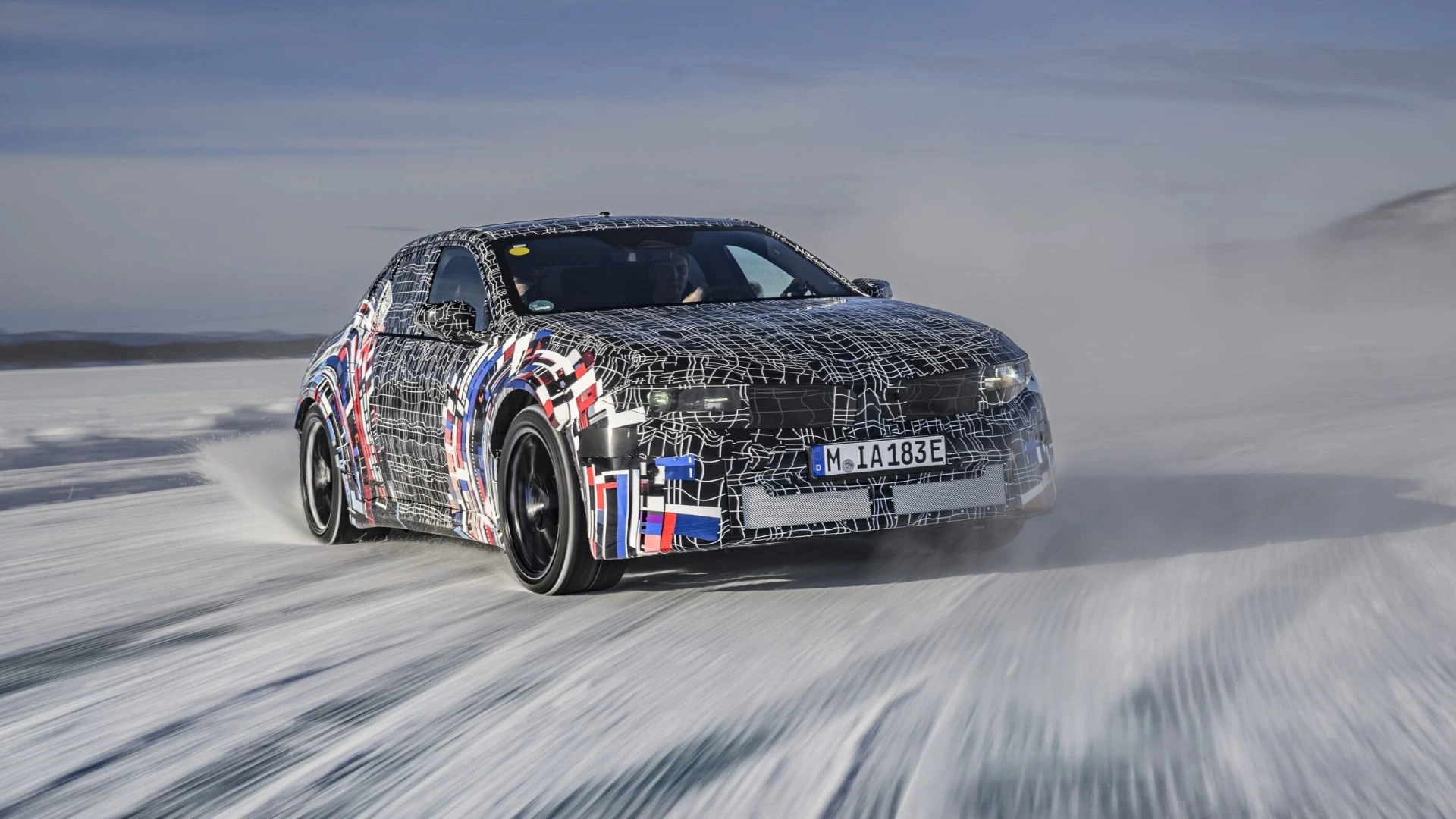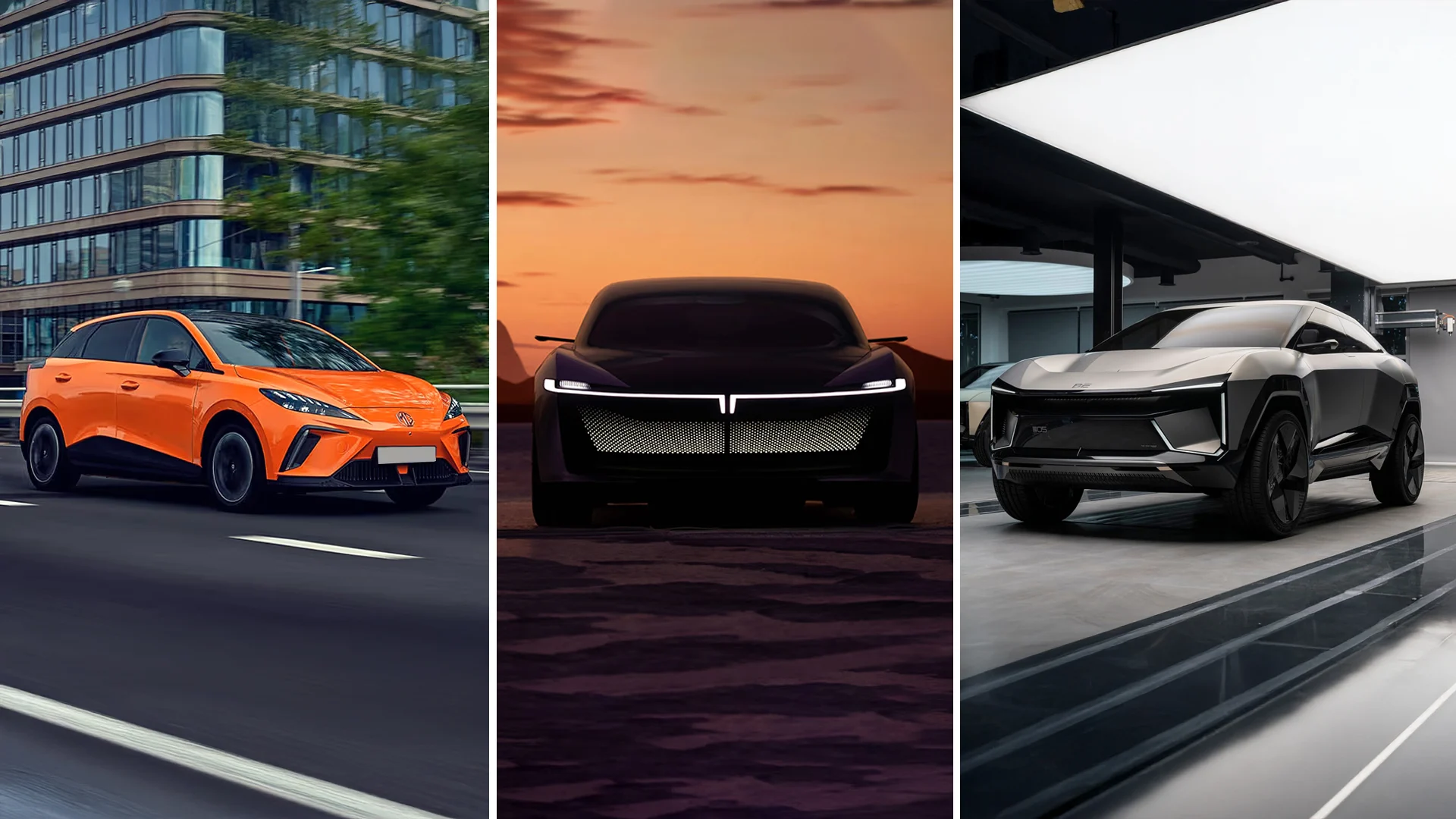
Table of Content
▼The global automotive industry is moving towards electric vehicles (EVs) as a sustainable alternative to traditional internal combustion engine (ICE) vehicles. This heralds the birth of multi-brand electric vehicle dealerships. As the demand for EVs continues to rise in India, multi-brand EV dealerships present great potential and opportunity.
Multi-brand electric vehicle dealers play an important role in improving market accessibility, particularly in areas where individual manufacturers may not have a large presence. By merging different brands, these dealerships make it easy for customers in less-developed EV markets to access and explore a variety of EV options.
Collaborative partnerships between manufacturers, dealers and service providers are becoming more common at multi-brand electric vehicle dealerships. These partnerships enable resource sharing, expertise collaboration, and streamlined processes, ultimately creating a cohesive customer experience.
As the electric vehicle market expands, the availability of charging infrastructure has become a critical factor. Multi-brand electric vehicle dealers are investing in charging stations and collaborating with charging network providers to create a complete charging ecosystem. This focus on infrastructure encourages EV adoption and ensures customer comfort and peace of mind.
To meet changing consumer expectations, multi-brand electric vehicle dealers are embracing digitalisation and establishing a strong online presence. Online platforms allow customers to search and compare electric vehicle models, explore financing options, schedule a test drive, and even make remote purchases. This integration of digital technologies improves accessibility and convenience for customers.
Growth trends
Analytical insights and trends indicate significant growth potential in the global multi-brand electric vehicle vending machine market. Rising consumer awareness of the environmental impact of conventional vehicles and the benefits of electric mobility is generating interest in electric vehicles. Offering multiple brands gives dealerships a competitive advantage by attracting a broader customer base. Offering subscription-based models attracts customers who prefer flexible ownership options.
The future of multi-brand retail in the electric vehicle industry holds exciting prospects. First, as the EV market continues to evolve, multi-brand dealerships are expected to expand their offerings beyond cars to include electric scooters, bicycles, and commercial vehicles. This diversification will serve a broader customer base and serve different market segments. Second, multi-brand EV dealers will prioritize delivering exceptional customer experiences to remain competitive.

This will involve personalized services, virtual reality showrooms, and seamless integration of online and offline channels to create a cohesive and convenient shopping journey. Ultimately, sustainable partnerships between manufacturers, agencies, and industry stakeholders will play an important role in driving growth. These collaborations can improve supply chains, improve charging infrastructure and develop innovative financial solutions, which will benefit both customers and the industry as a whole. By embracing these future trends, multi-brand retail in the electric vehicle segment has the potential to shape the way customers interact with and embrace electric mobility.
The challenges
Multi-brand electric vehicle dealers face several challenges that must be addressed to shape the future of the automotive industry. One of those challenges is ensuring fair brand representation, as each manufacturer has unique requirements and expectations. Balancing these elements, while maintaining a cohesive sales environment, can be complex.
Dealers must invest in trained technicians and resources to provide high-quality service and maintenance for multi-brand electric vehicles, keeping up with the latest technology updates. Evolving regulations present another challenge: sales, warranties, and service standards can vary between regions. Staying informed and adapting to changing regulations is critical to compliance and smooth operations.
Finally, investing in a strong charging infrastructure is essential to support the growth of electric vehicles. This requires cooperating with charging network providers, securing suitable sites, and managing installation and maintenance costs. By addressing these challenges and capitalizing on emerging trends, multi-brand EV dealers can dramatically accelerate EV adoption and shape the future of the automotive industry.
Carvana, an online used car retailer, has expanded its offering to include electric vehicles from various manufacturers. Customers can browse a wide range of EV models, access detailed information and complete the entire purchasing process online. Multi-brand EV dealers such as Nextmove and MisterGreen have gained prominence in Germany and the Netherlands, allowing customers to choose global EV brands and helping drive EV adoption across the continent. The world's largest EV market, China, has seen the rise of multi-brand EV dealers like Zhiche Auto. These agents offer a variety of domestic and international electric vehicle brands, meeting the preferences and needs of Chinese consumers.
Multi-brand electric vehicle dealerships have enormous potential to shape the future of the automotive industry, reflecting the growing demand for sustainable transportation. By addressing these challenges and capitalising on emerging trends, multi-brand EV dealers can accelerate EV adoption and shape the future of the automotive industry.
By offering customers a variety of EV options, facilitating market access, and adapting to digitalization trends, these dealerships are at the forefront of sustainable transportation. Additionally, its collaborative approach and focus on infrastructure development addresses critical challenges associated with EV adoption, creating an enabling environment for customers to embrace electric mobility.
Also Read: Polestar partners with Geely's Meizu to build Chinese operating system
Mehul Jain
EV Specialist & Clean Mobility Advocate. Mehul Jain is an expert in India’s evolving electric vehicle ecosystem, with a focus on EVs, charging infrastructure, and sustainable mobility. His articles cover everything from government subsidies to range insights, helping readers navigate the shift to cleaner transportation.
_1770886465.webp)


_1716799620.webp)

